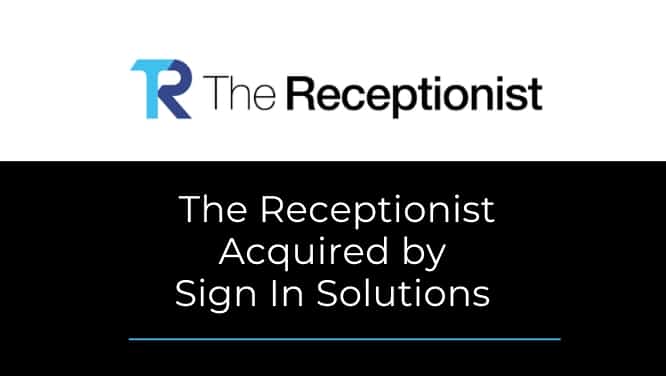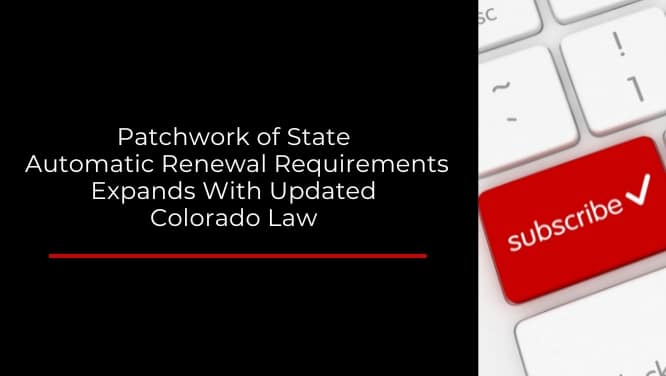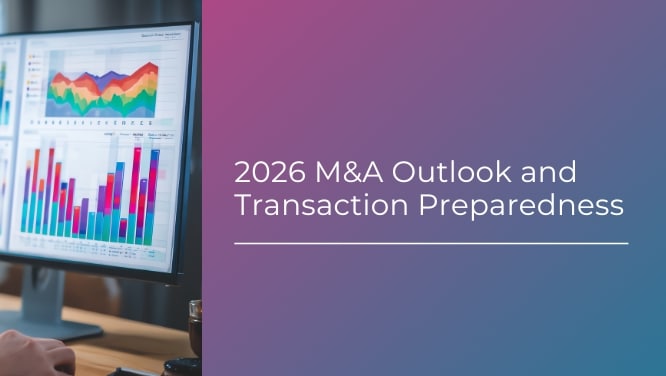Employer’s Guide to Navigating Colorado’s New Non-Compete Law

- Brad L. Schoenfeld
- |
- September 29, 2022
KO’s article published on June 27, 2022 highlighted Colorado’s crackdown on most non-compete restrictions. HB 22-1317 has now been codified as CRS 8-2-113 and became effective on August 10, 2022. This new law effectively renders unenforceable most post-employment non-competes and other restrictive covenants, including customer non-solicitation restrictions, for Colorado residents. CRS 8-2-113 applies to both employees and independent contractors.
The wording of this new legislation is not clear and is subject to different interpretations. While the new law focuses on traditional non-competes, it appears to have broader implications that could impact the enforceability of confidentiality provisions in employment-related agreements and independent contractor agreements.
Exceptions to Colorado’s General Ban on Non-Competes
The new law makes most post-employment non-competes, including customer non-solicitation restrictions, unenforceable for Colorado residents. The permitted exceptions are:
- Those accompanying the sale of a business
- Those involving “highly compensated employees” (HCEs, defined in 2022 as those earning at least $101,250 per year), but only when the restrictive covenant is designed to protect trade secrets
- Restrictive covenants for the non-solicitation of customers signed by workers earning at least 60% of the HCE threshold, but only when the restrictive covenant is designed to protect trade secrets
- Confidentiality agreements that include specific statutory exceptions
- Training cost recovery agreements within certain parameters
Strict Notice Requirements
It’s important to note that strict notice requirements are in place even for the permitted exceptions listed above, and if the notice requirements are not followed, any of the exceptions themselves are void under the statute. The applicable notice requirements are:
- For a prospective worker, the notice must be sent before the worker accepts the offer of employment/engagement.
- For a current worker, the notice must be sent at least 14 days before the earlier of (a) the effective date of the covenant; or (b) the effective date of any additional compensation or change in the terms or conditions of employment/retention that provides consideration for the covenant.
- The notice must be in a separate document from any other covenants between the worker and employer and in clear and conspicuous terms in the language in which the worker and employer communicate about the worker’s performance.
- The notice must be signed by the worker.
- A copy of the agreement containing the applicable covenant must be provided with the notice.
Potential Risks of Noncompliance
Businesses should understand that the potential risks of noncompliance are significant. Noncompliance could result in payment of actual damages, a penalty of $5,000 per worker or prospective worker harmed by the conduct, court costs, and attorney’s fees. Additionally, since the statute states that a covenant that is non-compliant is void, there is a risk that the confidentiality provisions in a non-compliant employment-related agreement or independent contractor agreement will be void, or in extreme cases, that the entire non-compliant agreement will be void.
Recommendations for Compliance
So how should businesses comply? At this time, to ensure compliance with CRS 8-2-113, we recommend that (a) any restrictions on a Colorado-based worker going to work for a competitive business, or soliciting customers in a competitive manner, be limited only to those employees meeting the strict requirements of the statute, and be set forth in a stand-alone non-compete agreement and (b) a notice that meets all of the requirements listed above be sent to any such workers as well as to any Colorado-based workers being asked to sign an agreement containing a confidentiality provision. The notice(s) should be sent to a prospective employee along with the employee’s offer letter (before acceptance of employment) and should be signed by the employee before the employee starts work for the company. For any Colorado-based individual contractor, the notice(s) should be sent to, and signed by, the contractor prior to the contractor starting work for the company.
For Colorado-based employees/contractors that started work on or after August 10, 2022 (the date CRS 8-2-113 became effective) and who previously signed an agreement containing a non-compete restriction or confidentiality provision that does not strictly comply with CRS 8-2-113 or did not receive the required notice, we recommend (a) requiring each such employee/contractor to sign new agreements that comply with CRS 8-2-113 and (b) providing compliant notices to each such employee/contractor at least 14 days before the effective date of each new agreement.
Key Takeaway for Companies with Workers in Colorado
Navigating compliance with Colorado’s new non-compete law is complicated and evolving. By being proactive and reassessing employment-related and independent contractor agreements now, business leaders can minimize risk and ensure that valid agreements and provisions remain enforceable.
When in doubt, ask! If you have questions about compliance with CRS 8-2-113, including preparing or updating employment-related agreements, independent contractor agreements, the statute’s required notices, or stand-alone non-compete agreements (if an exception to the law exists), then it’s time to work with your legal counsel. KO has created a Restrictive Covenant Team comprised of the following attorneys that can provide assistance: Brad Schoenfeld, Matt McKinney, Cory Helton, and Niki V. Schwab.
Brad Schoenfeld is a partner in the Denver office of KO. Brad specializes in structuring, drafting, and negotiating complex contracts related to manufacturing and supply, product sales and distribution, research and development, technology licenses and transfers, clinical trials, reseller and distributor relationships, consulting and professional services, HR/employment, procurement, outsourcing, hosting, e-commerce, and partnering.




